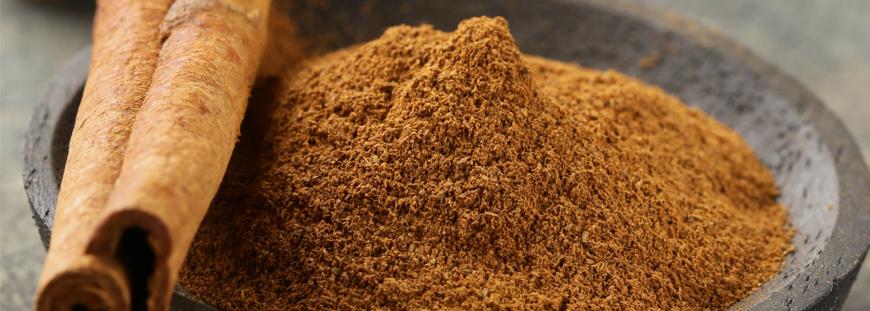New year is the peak time for trying to lose a few pounds, but this January it’s time to do things a little differently. Our expert nutritionist, Angela Dowden, reveals the foods we should eat more of in order to lose weight.
Stop calorie counting
If calorie counting leaves you dispirited and hungry, there’s a reason; not all calories influence our appetite and health equally. In fact, research shows if we stop obsessing about calories and focus on a nutrient-rich diet – like the Mediterranean diet – instead, it’s actually easier to maintain a healthy weight in the long term.
Even better, that means we should actually eat more of the following foods to help manage our weight…
Pile on more fruit and veggies
A study published in the New England Journal of Medicine found that each additional daily serving of fruit and veg (but not fruit juice) you eat can prevent you from putting on between a quarter and half a pound over four years.
A waistline-whittling rule of thumb is to fill half your plate with raw, steamed or stir-fried fruit and veg at every meal.
Apart from stopping you piling on the pounds, their package of fibre, vitamins and phytonutrients also reduces your risk of heart attacks, strokes and some cancers.
Dollop on more yogurt
It’s not clear why numerous studies have linked yogurt with being slim, but the high calcium content and gut-friendly bacteria may play a role.
Either way, it's well worth eating more – Harvard researchers found every additional daily serving of yogurt prevented nearly a pound of weight gain over four years.
Even flavoured and sugared yogurts may be beneficial, but go for natural yogurt made with whole or skimmed milk, and add your own fresh fruit, to boost the health benefits.
Nibble more nuts
With more fat and calories per 100g than chips or chocolate, it’s hard to believe a daily handful of nuts can help manage our weight, but that's what several studies have found.
Part of the reason may be due to their tough cellular structure, which prevents some of the calories being absorbed – up to 20 per cent in almonds, according to the USDA's Agricultural Research Service.
Nuts also provide appetite-satisfying fibre and protein, and are a powerhouse of essential nutrients including magnesium, zinc and selenium.
Serve up more wholegrains
Eating more wholegrain foods – such as wholewheat pasta, quinoa or brown rice – rather than refined grains like white bread and white rice, is associated with both a lower weight and a smaller waist; great news as abdominal fat is considered the most dangerous to our health.
Minimally processed high-fibre wholegrains take more energy to digest and absorb than the refined type, keeping you feeling fuller for longer. They also release their energy more slowly, steadying blood sugar and insulin levels.
Other health benefits include a reduction in your risk of Type 2 diabetes and heart disease risk, plus higher amounts of fatigue-fighting iron and B vitamins.
Eat more lean protein
Protein curbs our appetite more effectively than either carbohydrate or fat, so save a quarter of the space on your plate for lean, unprocessed protein foods like chicken, fish, eggs and tofu.
Our body also uses more calories to process protein than it does for other nutrients, so if you eat 100 calories of protein, your body uses 20-30 of those calories to actually digest and absorb it.
Go for a protein-rich breakfast, such as a couple of poached eggs, instead of a high-carb breakfast like a bagel to help prevent mid-morning snacking on unhealthy foods.
Want more ways to lose weight? We’ve got plenty of diet and weight loss tips to try.






